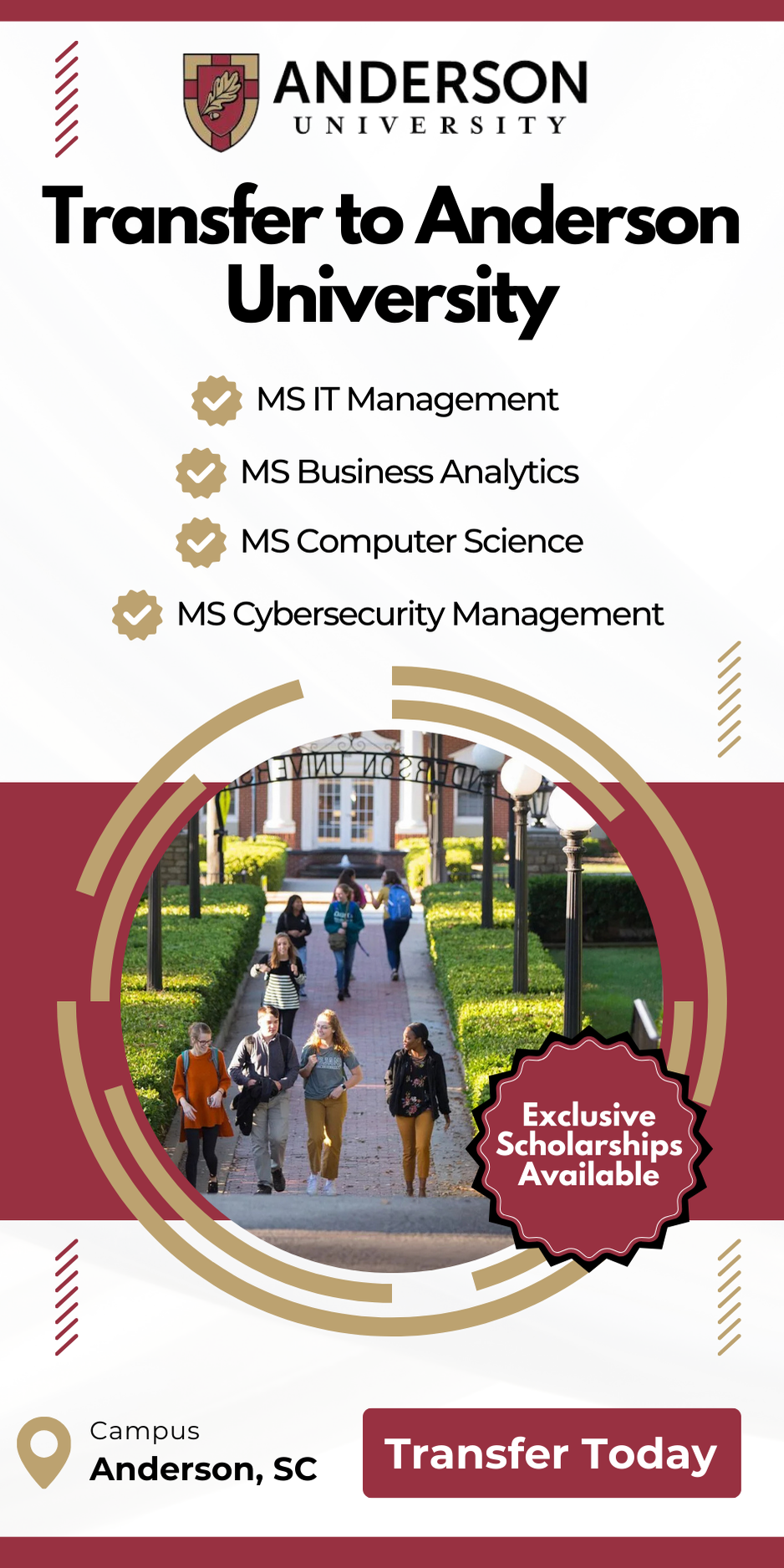Overview
The United States’ First Amendment guarantees freedoms concerning religion, expression, assembly, and petition rights. These protections extend to all individuals within U.S. borders, including non-citizens such as F1 students and H1B employees. However, while the right to participate in peaceful protests is upheld, visa holders should be aware of potential risks associated with such activities.
Legal Right to Protest
F1 and H1B visa holders are legally permitted to engage in peaceful demonstrations. The First Amendment’s protection ensures that attending lawful protests does not violate visa conditions. This means that international students and workers can express their views and support causes without fear of breaching their immigration status.
Potential Risks and Consequences
Despite these protections, visa holders must exercise caution:
- Arrest Implications: An arrest during a protest, even without a subsequent conviction, can complicate future visa applications or renewals. U.S. immigration forms often require disclosure of any arrests, which can lead to increased scrutiny or potential denial of applications.
- Legal Proceedings: Being charged with an offense can necessitate navigating the U.S. legal system, which may be prolonged and impact one’s immigration status.
- Record Permanence: An arrest record remains accessible, potentially affecting background checks by employers or during immigration assessments.
Guidelines for Safe Participation
To mitigate risks while exercising their rights, F1 and H1B visa holders should consider the following:
- Participate Peacefully: Engage only in lawful and non-violent protests. Avoid activities that could be construed as incitement or disruption.
- Stay Informed: Understand the nature and legality of the protest. Be aware of any permits required and the potential for escalation.
- Avoid Confrontations: Steer clear of situations that may lead to clashes with law enforcement or counter-protesters.
- Carry Identification: Have proper identification at all times to present if approached by authorities.
- Know Your Rights: Familiarize yourself with local laws and your rights during interactions with law enforcement.
Recent Examples
Recent campus demonstrations, such as those concerning international conflicts, have included international students. While these events underscore the importance of free expression, they also highlight the potential risks, including arrests and university sanctions.
Conclusion
While F1 and H1B visa holders have the right to participate in peaceful protests, it is crucial to balance this with understanding the potential legal and immigration-related consequences. By staying informed and exercising caution, international students and workers can engage in civic activities while safeguarding their status in the United States.
People Also Ask (PAA):
- Can international students join protests in the U.S.?
- Yes, international students can participate in peaceful protests protected by the First Amendment.
- Does participating in a protest affect my visa status?
- Participation alone does not affect visa status, but arrests or legal issues arising from protests can have implications.
- Should I carry identification to a protest?
- Yes, carrying identification is advisable in case of interactions with law enforcement.
- What should I do if arrested during a protest?
- Seek legal counsel immediately and inform your university’s international student services or employer.
- Can an arrest during a protest lead to deportation?
- While not automatic, an arrest can lead to deportation proceedings depending on the severity of the charges.
- Are there specific protests I should avoid as a visa holder?
- Avoid unlawful, violent protests or lack proper permits, which carry higher risks.
- Do I need to inform my university or employer before attending a protest?
- It’s not required, but informing them can be beneficial, especially if issues arise.
- Can social media activity related to protests affect my visa?
- Online activity is subject to scrutiny during visa evaluations.
- Are there legal resources for international students involved in protests?
- Many universities offer legal assistance, and organizations like the ACLU provide resources.
- How can I stay updated on my rights as a visa holder?
- Regularly consult your university’s international office, legal advisors, and reputable organizations for updates.

